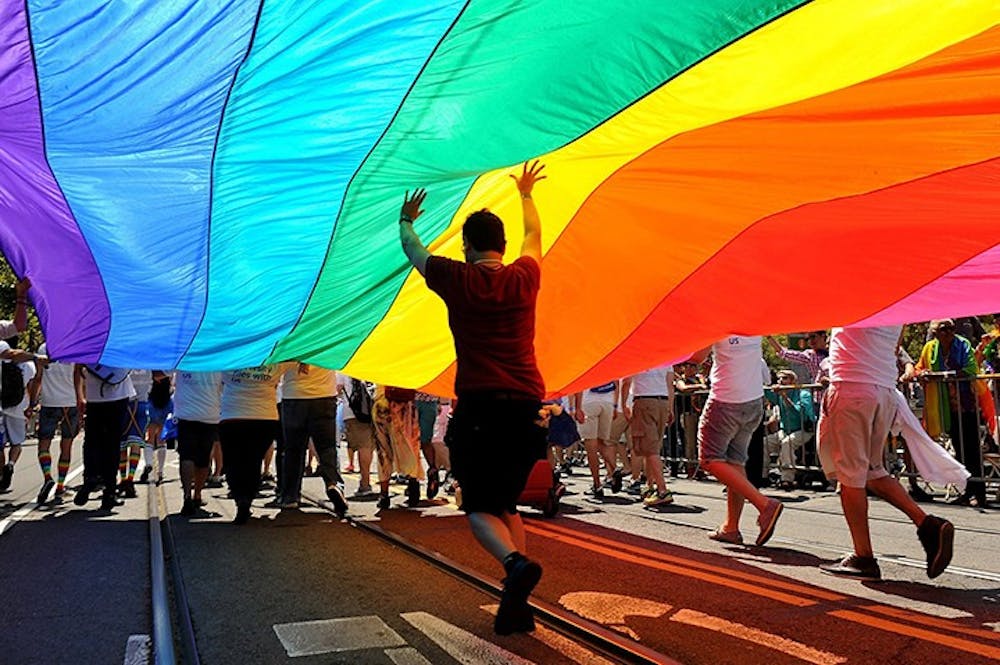From “Queer Eye” to “Queer as Folk,” the “Q” in LGBTQ+ has started to be reclaimed by the community.
For many years, the word “queer” has primarily been used as a slur towards people in the LGBTQ+ community. Now, however, it is a term that more commonly acts as an umbrella for all identities that fall under the LGBTQ+ spectrum.
Not only that, but it also covers any ambiguity people are facing in their LGBTQ+ identity. I know, for me, it helped immensely. For a long time I thought I was bisexual, but something about that didn’t feel right to me. I have dated almost primarily women and I questioned if I was a lesbian or not, and in my momentary identity crisis I was just “queer.”
It’s a perfectly fitting suit for those who are unaware of their sexual or gender identity. In the same sense as the sexual identity “queer,” genderqueer acts as an umbrella term for people who do not conform to binary gender roles. But while the term acts as a modern identity, there are many people who are still in awe of its use.
Shedding the hatred that used to be associated with “queer” takes a very long time, especially because it has been such a prominent slur for so long. Before it started to be reclaimed in the '90s, the word “queer” was interpreted by the LGBTQ+ population as an identifier that would mark them as mentally ill, or scare them away from work or school.
It is understandable, then, there are so many people still against the use of queer as an identifier, but for many it holds a liberating and even political significance. Gay Times, a popular LGBTQ+ magazine, says that “the past few years in particular have seen young people use the identifier, revolutionising [sic] its use from one of discrimination to that of fluidity, freedom, and fabulousness.”
Queer, to me, no longer means odd or strange, just as gay doesn’t mean bad or gross. Anything can be used as a bullying tactic in the right context, but our community has had enough, and being “queer” should not be thrown away just because of the history.

